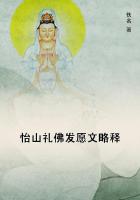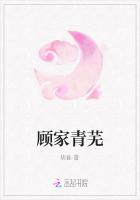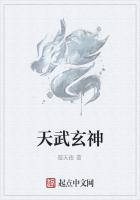JOURNAL COMMNENCED:
"The character of Maria Theresa, the Empress-mother of Marie Antoinette, is sufficiently known. The same spirit of ambition and enterprise which had already animated her contentions with France in the latter part of her career impelled her to wish for its alliance. In addition to other hopes she had been encouraged to imagine that LOUIS XV. might one day aid her in recovering the provinces which the King of Prussia had violently wrested from her ancient dominions. She felt the many advantages to be derived from a union with her ancient enemy, and she looked for its accomplishment by the marriage of her daughter.
"Policy, in sovereigns, is paramount to every other consideration. They regard beauty as a source of profit, like managers of theatres, who, when a female candidate is offered, ask whether she is young and handsome,--not whether she has talent. Maria Theresa believed that her daughter's beauty would prove more powerful over France than her own armies. Like Catharine II., her envied contemporary, she consulted no ties of nature in the disposal of her children,--a system more in character where the knout is the logician than among nations boasting higher civilization: indeed her rivalry with Catharine even made her grossly neglect their education. Jealous of the rising power of the North, she saw that it was the purpose of Russia to counteract her views in Poland and Turkey through France, and so totally forgot her domestic duties in the desire to thwart the ascendency of Catharine that she often suffered eight or ten days to go by without even seeing her children, allowing even the essential sources of instruction to remain unprovided. Her very caresses were scarcely given but for display, when the children were admitted to be shown to some great personage; and if they were overwhelmed with kindness, it was merely to excite a belief that they were the constant care and companions of her leisure hours. When they grew up they became the mere instruments of her ambition. The fate of one of them will show how their mother's worldliness was rewarded.
"A leading object of Maria Theresa's policy was the attainment of influence over Italy. For this purpose she first married one of the Archduchesses to the imbecile Duke of Parma. Her second manoeuvre was to contrive that Charles III. should seek the Archduchess Josepha for his younger son, the King of Naples. When everything had been settled, and the ceremony by proxy had taken place, it was thought proper to sound the Princess as to how far she felt inclined to aid her mother's designs in the Court of Naples. 'Scripture says,' was her reply, 'that when a woman is married she belongs to the country of her husband.'
"'But the policy of State?' exclaimed Maria Theresa.
"'Is that above religion?' cried the Princess.
"This unexpected answer of the Archduchess was so totally opposite to the views of the Empress that she was for a considerable time undecided whether she would allow her daughter to depart, till, worn out by perplexities, she at last consented, but bade the Archduchess, previous to setting off for this much desired country of her new husband, to go down to the tombs, and in the vaults of her ancestors offer up to Heaven a fervent prayer for the departed souls of those she was about to leave.
"Only a few days before that a Princess had been buried in the vaults--Ithink Joseph the Second's second wife, who had died of the small-pox.
"The Archduchess Josepha obeyed her Imperial mother's cruel commands, took leave of all her friends and relatives, as if conscious of the result, caught the same disease, and in a few days died!
"The Archduchess Carolina was now tutored to become her sister's substitute, and when deemed adequately qualified was sent to Naples, where she certainly never forgot she was an Austrian nor the interest of the Court of Vienna. One circumstance concerning her and her mother fully illustrates the character of both. On the marriage, the Archduchess found that Spanish etiquette did not allow the Queen to have the honour of dining at the same table as the King. She apprised her mother. Maria Theresa instantly wrote to the Marchese Tenucei, then Prime Minister at the Court of Naples, to say that, if her daughter, now Queen of Naples, was to be considered less than the King her husband, she would send an army to fetch her back to Vienna, and the King might purchase a Georgian slave, for an Austrian Princess should not be thus humbled. Maria Theresa need not have given herself all this trouble, for before, the letter arrived the Queen of Naples had dismissed all the Ministry, upset the Cabinet of Naples, and turned out even the King himself from her bedchamber! So much for the overthrow of Spanish etiquette by Austrian policy. The King of Spain became outrageous at the influence of Maria Theresa, but there was no alternative.
"The other daughter of the Empress was married, as I have observed already, to the Duke of Parma for the purpose of promoting the Austrian strength in Italy against that of France, to which the Court of, Parma, as well as that of Modena, had been long attached.
"The fourth Archduchess, Marie Antoinette, being the youngest and most beautiful of the family, was destined for France. There were three older than Marie Antoinette; but she, being much lovelier than her sisters, was selected on account of her charms. Her husband was never considered by the contrivers of the scheme: he was known to have no sway whatever, not even in the choice of his own wife! But the character of Louis XV. was recollected, and calculations drawn from it, upon the probable power which youth and beauty might obtain over such a King and Court.















